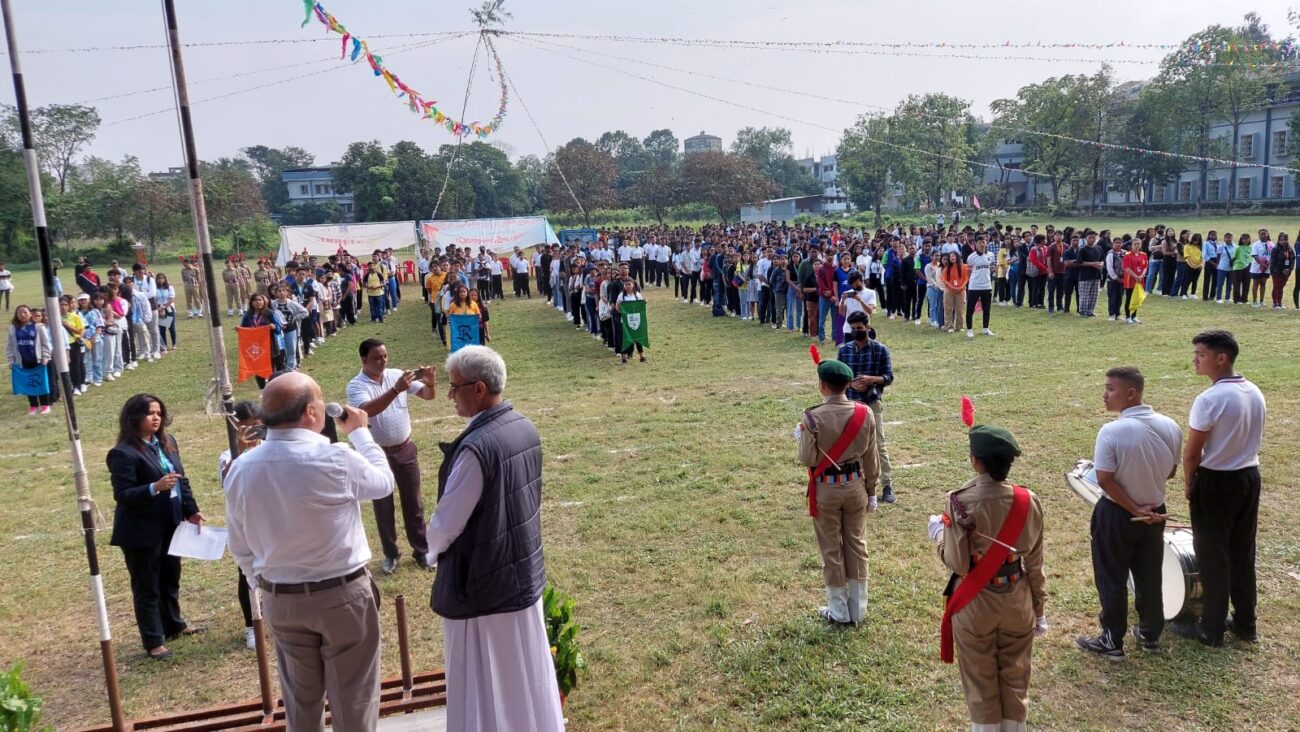INDIA: Salesian College provides quality education

Salesian College that educates more than 2,500 students is ‘deemed to-be autonomous’
(MissionNewswire) Salesian College, with campuses in Siliguri and Sonada in the Darjeeling district, India, has been deemed able to govern itself after having completed three National Assessment and Accreditation Council (NAAC) accreditation cycles and retaining an “A” grade in the last two. The college has also retained two rounds of its status as College with Potential for Excellence. The Vice Chancellor of the University of North Bengal Professor Om Prakash Mishra announced that the Salesian College has been “deemed-to-be autonomous.”
Currently on the Siliguri campus, more than 2,100 students take arts and humanities, commerce, science and professional courses from 20 departments disciplines. There are also post-graduate courses in English, education and psychology. Another 400 students pursue undergraduate studies in 10 courses on the Sonada campus. The academic community is led by a team of 10 Salesians in management and 104 faculty members.
“This is a great example of the quality of Salesian education in India and around the globe,” said Father Gus Baek, director of Salesian Missions, the U.S. development arm of the Salesians of Don Bosco. “Salesians are primarily focused on education. Salesian primary and secondary education helps youth prepare for later technical, vocational or university study. Other programs help to support poor youth and their families by meeting the basic needs of shelter, proper nutrition and medical care.”
India has the world’s fourth largest economy but more than 22 percent of the country lives in poverty. About 31 percent of the world’s multidimensionally poor children live in India, according to a report by the Oxford Poverty and Human Development Initiative.
India’s youth face a lack of educational opportunities due to issues of caste, class and gender. Almost 44 percent of the workforce is illiterate and less than 10 percent of the working-age population has completed a secondary education. In addition, many secondary school graduates do not have the knowledge and skills to compete in today’s changing job market.
###
Sources:
Photo courtesy of Don Bosco South Asia
Don Bosco South Asia – University of North Bengal Vice Chancellor announces Salesian College deemed-to-be Autonomous
Salesian Missions – India
World Bank – India





